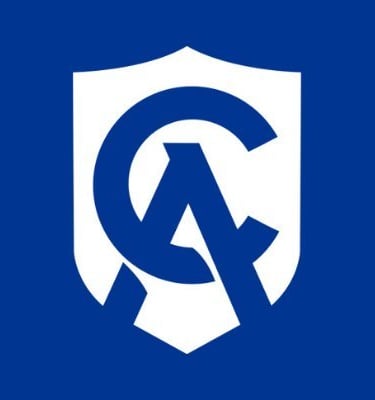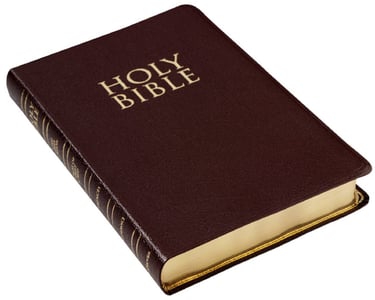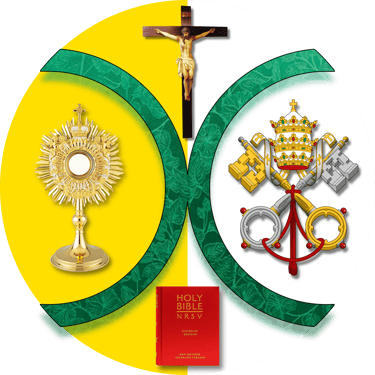
What's Catholicism?
Before we help describe Catholicism, you must understand the basics of Christianity. Christians believe that Jesus Christ, born of the Virgin Mary, is God. He became incarnate to teach us how to live a holy life and to sacrifice Himself for our sins. Jesus mercifully allowed Himself to be crucified, offering His own life for each and every one of us. In doing so, He defeated death and welcomed us to join Him in heaven if we follow His way of life.
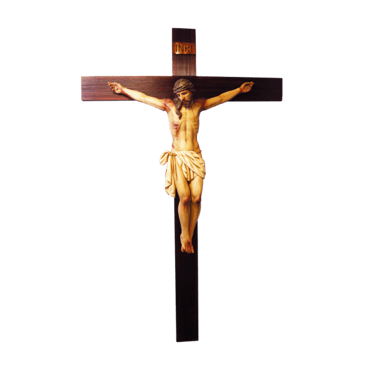

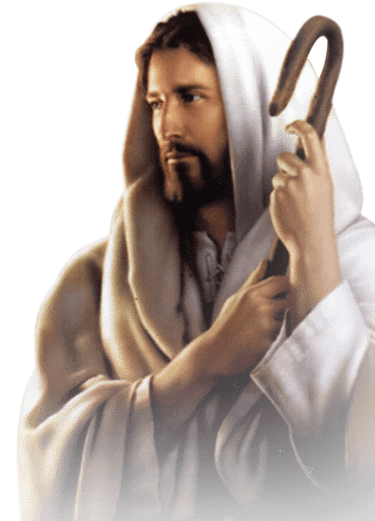

What is Catholicism?
Catholicism means universal. The Universal Church has one billion members worldwide. The mission of the Catholic Church is to share the Good News with every single person, that they may truly believe it. There are many elements of Catholicism, so we will focus on a few key ones. Jesus founded seven sacraments, practiced by the Church to this day: Baptism (Christian initiation and freedom from Original Sin), Confirmation (receiving the Spirit), Eucharist (the True Presence of Jesus), Reconciliation (forgiveness of sins), Anointing of the Sick (blessing the sick), Holy Orders (offering your life to God), and Matrimony (offering your life to another person). Catholics stress the importance of faith and works; while it is key to have full faith in God, we must practice our faith through service and love for others. The Church consists of Scripture (God’s Word), Magisterium (Church authority), and Tradition (practices passed down over time). Catholics believe the virgin Mary is the blessed mother of God incarnate and recognize that she is Full of Grace. She is the mother of the Church and the greatest intercessor of prayer. The Mass is where Catholics read the Word of God, make their offerings, and partake in the Eucharist.
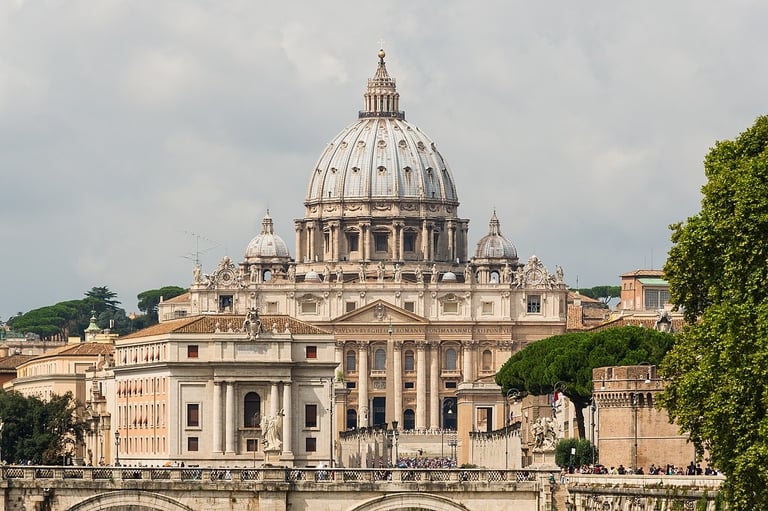

Why Catholicism?
Christianity is the truth. Jesus Christ is a real person, human and divine, who lived on earth two thousand years ago. All historical evidence suggests that. He is the promise of the Old Testament. His teachings and Church live on today, which has greatly helped shape the world as it is today.
Furthermore, Jesus left us a Church. He left us seven sacraments. He formed the Apostles to be the first leaders of His Church, preaching and administering sacraments. He gave authority to Peter. He is seen through all of the saints of the Church. His mother, Mary, is full of the Grace of God, which allowed her to birth the Son of Man and follow God full heartedly. God works each and every day, through the Catholic Church, to save as many souls as He can.
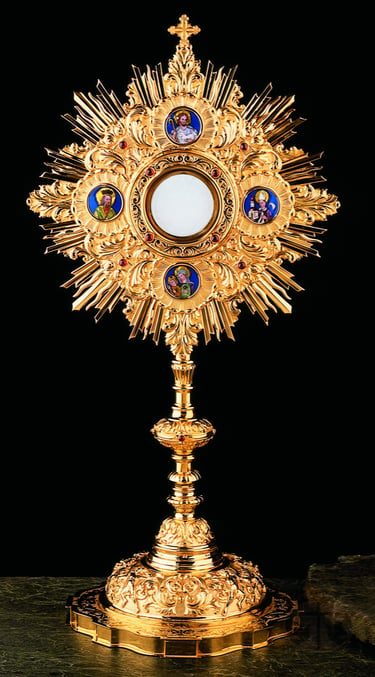



Brief History of the Church
The beginning of the Catholic Church is marked during the time of Jesus. 30 AD marks the date of Pentecost, when the Apostles were filled with the Holy Spirit and sent out to spread the Word of God. The following three centuries saw Christianity growing fast underground while facing persecution. In 313, Constantine legalized Christianity with the Edict of Milan. This led to the Council of Nicea in 325, which was the largest meeting of Church leaders to date, and helped fight the Arian Heresy (which said Jesus was not divine). The next millenia saw rapid and widespread growth of Christianity through all of Europe, Mediterranean, and parts of the Middle East. In 1054, the Great Schism occurred, as the Eastern Orthodox church split due to disagreement with the Nicene Creed and Church authority. 1095 marked the first crusade, a series of wars that fought back against Muslim conquest of former Christian territories. 1517 marked the beginning of the Protestant Reformation, which sadly led to many leaving the Church and countless denominations founded over the next 500 years. This period also marked the beginning of exploration, leading to the spreading of Christianity to new places in the world. 1962 saw the Second Vatican Council which included many significant changes, such as changes to the liturgy, highlighted ecumenism, and gave more focus to laity’s role in the Church.
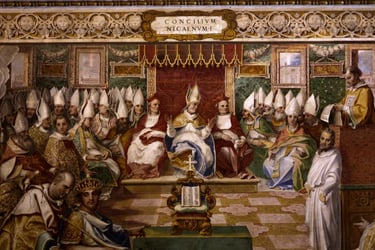

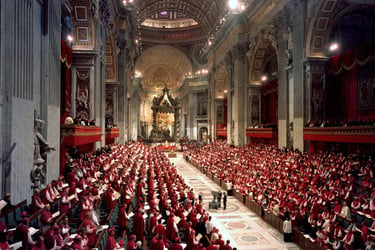

Other Resources!
Bible and Catechism
(Get answers to anything Catholic!)
newmanministry.com and youngcatholicprofessionals.org (Find your young local Catholic community!)
In addition, there are many Catholic resources that can be found locally! Local parishes offer plenty of resources; from faith groups, spiritual direction, sacraments, and so much more! Various Catholic organizations can be found too; such as charities and various other Catholic organizations. We encourage you to seek these out!
